Private hospitals plan for Covid-19 wave
State and territory health systems will withstand high Covid-19 case numbers, says a report prepared for national cabinet.
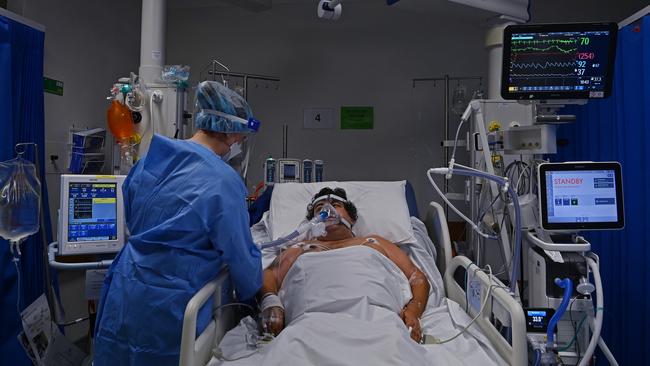
State and territory health systems will withstand high Covid-19 case numbers with the support of private hospitals when lockdowns and restrictions ease under the national reopening plan, according to a report prepared for national cabinet.
A taskforce, led by Health Department secretary Brendan Murphy and counterparts across the country, will on Friday address the concerns of governments about health workers being furloughed during outbreaks and strains on public hospitals.
National cabinet leaders will be told state and territory public health networks can cope with higher caseloads, assisted by an additional 30,000 beds and 57,000 nurses across the private hospital system.
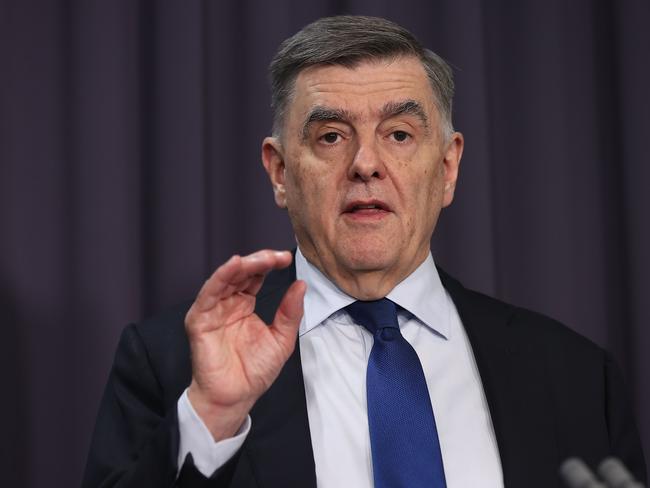
Detailed analysis to be presented at the national cabinet meeting will outline pressure points in the health system and potential gaps during outbreaks in regional and vulnerable communities.
Scott Morrison will face a divided national cabinet. Recalcitrant states and territories have ramped up attacks this week over vaccines for children and rising death rates when the country reopens after 70 per cent of the population is fully vaccinated.
South Australia on Thursday joined Victoria and NSW in strongly backing the national plan, as Covid-free states including Western Australia, Queensland and Tasmania baulked over easing border restrictions.
Writing in The Australian, Queensland Deputy Premier Steven Miles accused the Prime Minister of selling “false hope” in states with high Covid case numbers that the nation could “live with the virus”. Mr Miles said the Doherty Institute modelling was “much more complicated than that” and would require a collective decision to be made about “how many people’s lives we risk and how we protect those who cannot be vaccinated”, including children, transplant recipients and cancer patients.
“Decide how many people should die and work back from there – what level of vaccination you need and what other public health measures need to stay in place,” he wrote. “That is the complex, difficult, life-and-death decision Scott Morrison tried to simplify down to a simple number and three-word slogan.”
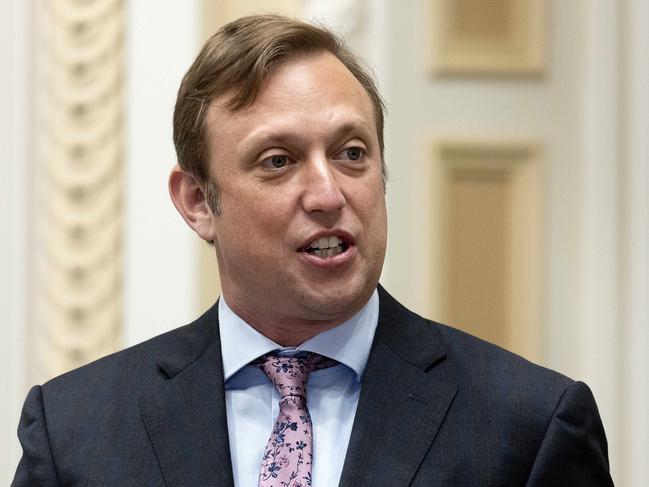
Health Minister Greg Hunt on Thursday accused Queensland Premier Annastacia Palaszczuk of “profound moral failure” after letting NRL staff and players’ families enter the state while shutting out thousands of others including children and cancer patients.
Health experts also attacked Ms Palaszczuk’s claims that children could become severely ill from Covid-19 and that 80 people would die each day from the virus when the country moved to stage two of the reopening plan.
Mr Hunt said national cabinet’s modelling projected 13 deaths across 180 days when Australia reached 70 per cent vaccine coverage and described Ms Palaszczuk’s comments as “selective misuse” of the Doherty Institute advice.
Ms Palaszczuk had earlier claimed that even after 70 per cent of the population was vaccinated, “80 people will die each day six months after the outbreak”.
“That’s 2240 who will die each month,” Ms Palaszczuk said. “I sympathise with people interstate enduring months of lockdown but my job is to protect Queenslanders.
Despite no country in the world vaccinating under 12s, and only preliminary work underway to trial vaccines in young children, Ms Palaszczuk demanded more information be provided to national cabinet.
Chief Medical Officer Paul Kelly said there was no evidence the Delta strain was more severe in children, with national data this year showing only three children under the age of 12 had been admitted to intensive care.
“There have been 134 hospitalisations,” Professor Kelly said. “Most of the kids who have been admitted to hospital have been for social reasons, not because they are particularly unwell. There have only been three children under the age of 12 that have been admitted to intensive care. Three out of 3815. That is way less than one in 1000. The disease in children is very different from what we’re seeing in adults.”
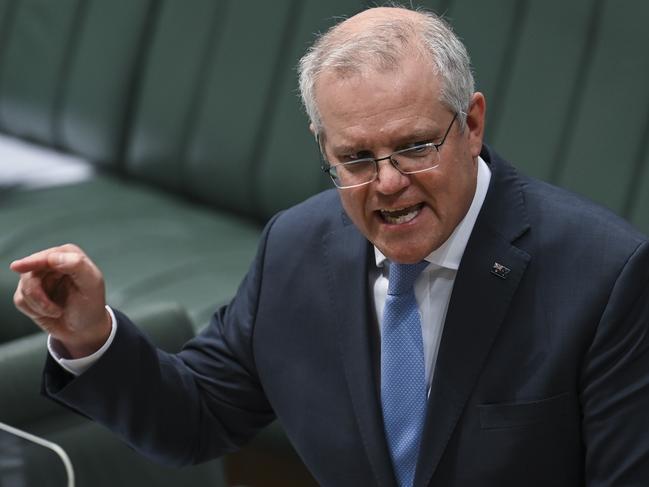
The national cabinet agenda includes discussions around the transition plan, Doherty scenarios and Indigenous vaccine surge strategy. Professor Murphy’s “optimising health system” briefing will discuss what test, trace, isolate, quarantine and public health measures will be required to support hospital and workforce capacity. Jane Halton will update leaders on her second review of the national quarantine system and the South Australian home quarantine trial.
Amid warnings from the Australian Medical Association on Thursday that hospitals were ill-prepared for a surge in cases, Mr Hunt said the private hospital network would bolster access to care and health professionals.
“It’s about the partnership between the public hospitals and the private hospitals,” Mr Hunt said. “In particular, it brings 57,000 nurses, over 30,000 beds, over 100,000 staff all up into that partnership, so to provide a massive surge capacity.”
Mr Hunt said significant work had been done to prepare hospitals, including increasing ventilated beds from 2000 to 7500. He singled out the NSW government for boosting ICU capacity.
Professor Kelly said that, since January last year, the focus had been on preparing for Covid-19 spikes in hospitalisations and ICU admissions. “We’ve still got 4000 invasive ventilators in our national medical stockpile, as well as other treatments,” he said. “There’s an issue of workforce. We need to work through that. And we did last year and provided training to extra nurses at that time with an idea we would have had to surge last year.”
Federal government sources said some states and territories “had been better than others” in scaling up hospital and staffing arrangements.
AMA president Omar Khorshid said new modelling based on hospital and staffing capacity must be urgently undertaken. “Even pre-Covid, emergency departments were full, ambulances ramped, and waiting times for elective surgery too long,” he said.
ADDITIONAL REPORTING: PAUL GARVEY, RACHEL BAXENDALE

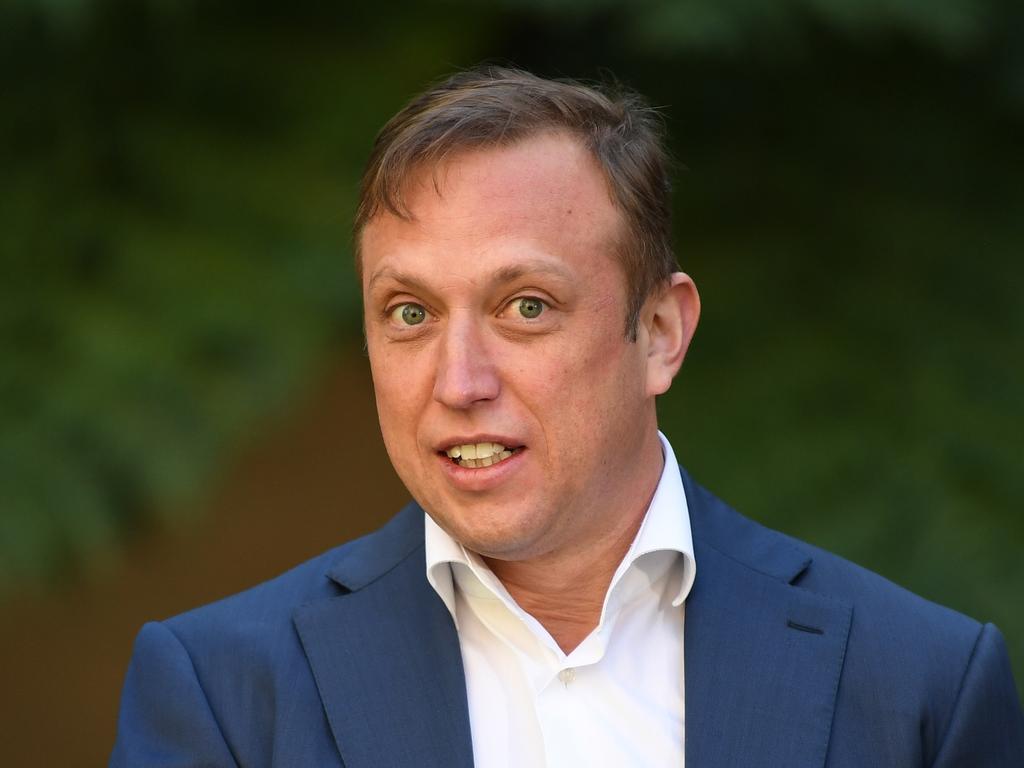
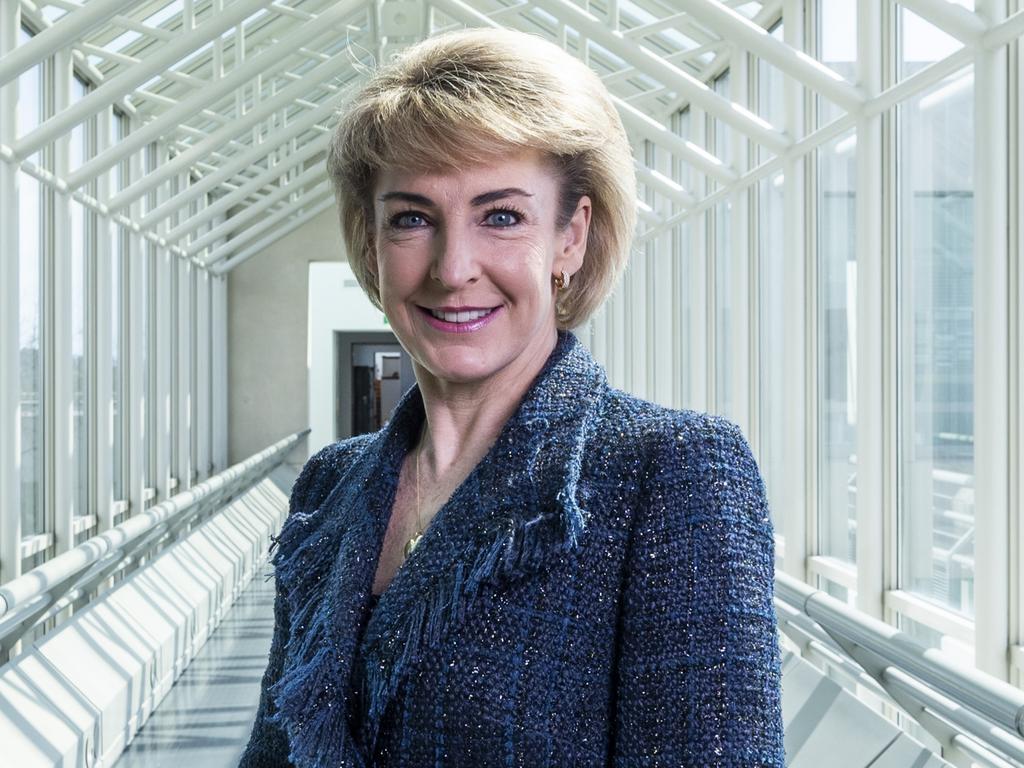
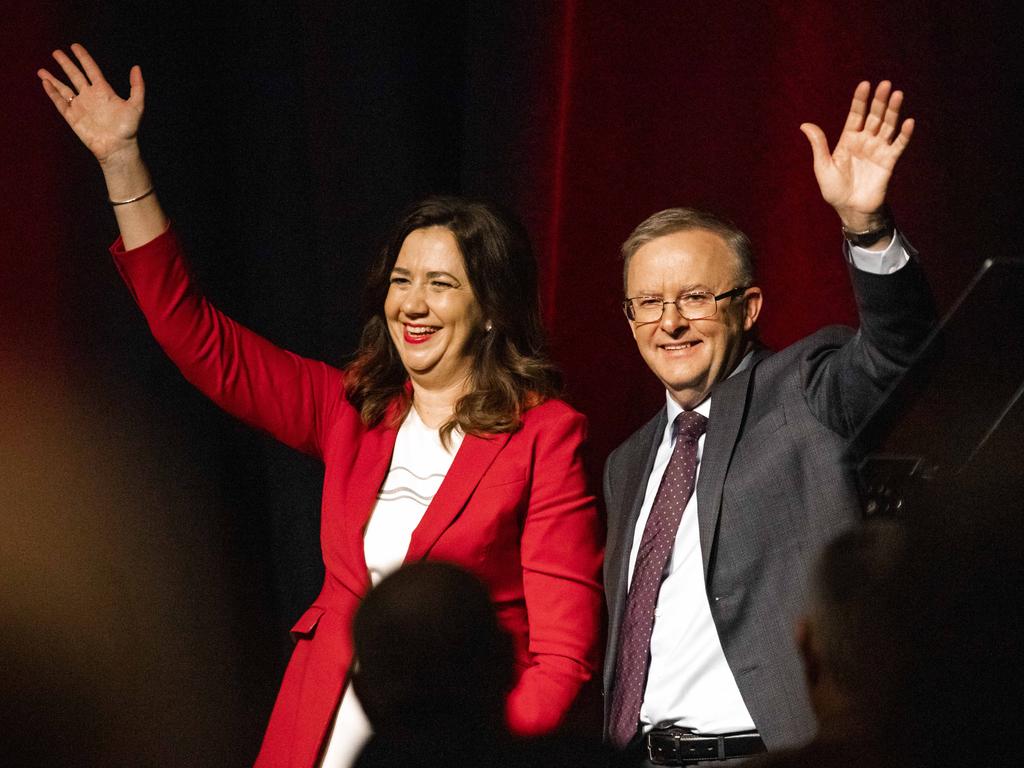
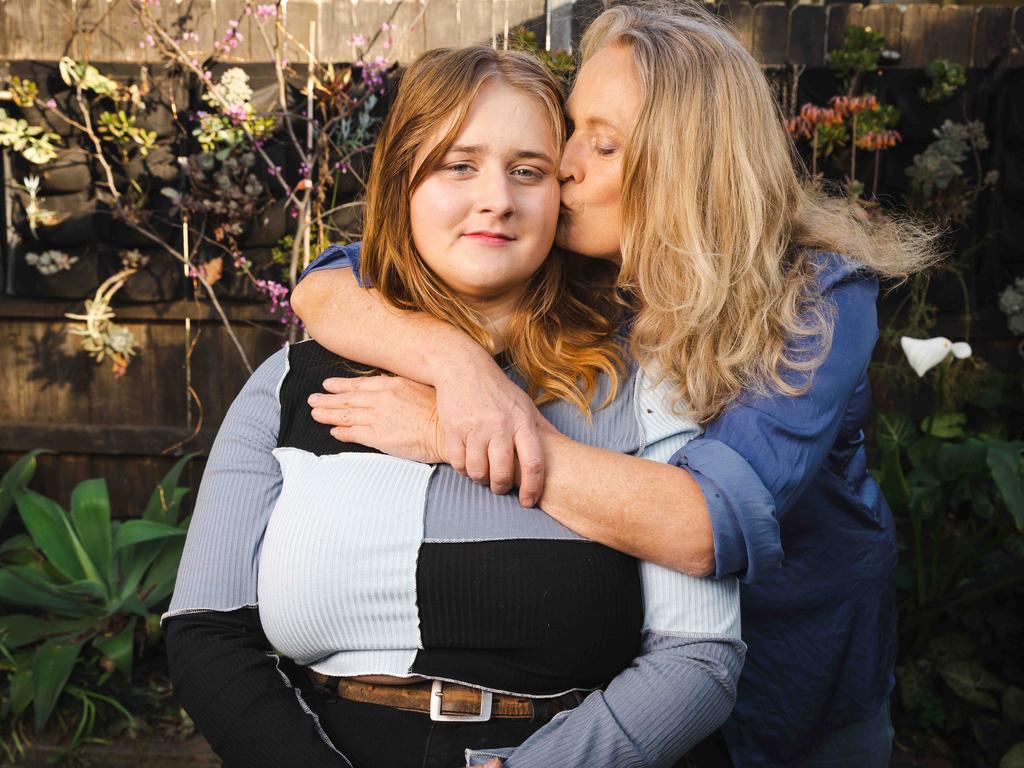


To join the conversation, please log in. Don't have an account? Register
Join the conversation, you are commenting as Logout